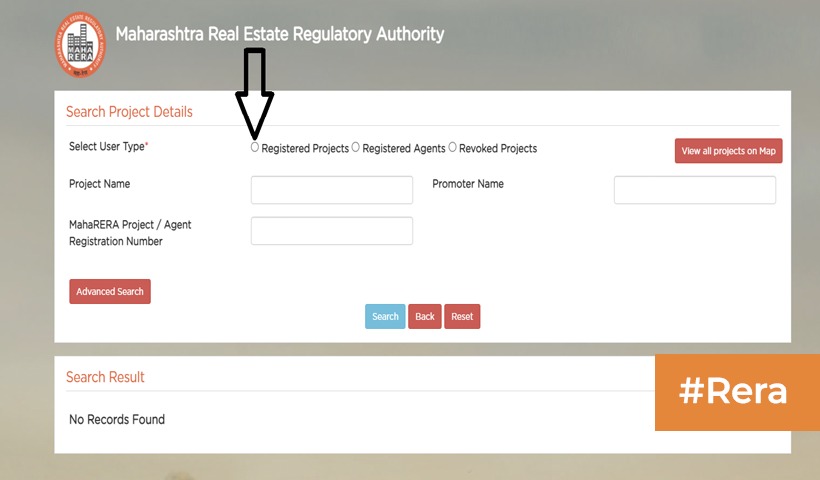What is RERA Approval and How to do RERA Registration?
The Real Estate (Regulation and Development) Act, commonly known as RERA, was enacted in India in 2016 to regulate the real estate sector and protect the interests of homebuyers. Under RERA, developers are required to register their projects with the regulatory authority before advertising or selling them.
Importance of RERA Approval
RERA approval is crucial as it ensures transparency, accountability, and efficiency in the real estate market. It protects buyers from fraudulent practices and delays in project delivery by holding developers accountable for their commitments.
Understanding RERA Registration Process
What is RERA? RERA is a government body tasked with regulating the real estate sector. Its primary objective is to promote transparency and accountability in real estate transactions.
Why is RERA Registration Necessary?
RERA registration is mandatory for all real estate projects to ensure compliance with the law and protect the interests of buyers. It provides a platform for buyers to access accurate information about the project, including its status, completion timeline, and amenities.
Eligibility Criteria for RERA Registration
Who Needs to Register Under RERA? Developers of all residential and commercial projects exceeding a certain size threshold are required to register under RERA.
Exemptions from RERA Registration Certain types of projects, such as renovation or repair work, are exempt from RERA registration.
Documents Required for RERA Registration
List of Documents Developers need to submit various documents, including project details, land title deeds, approvals from local authorities, and financial statements.
Importance of Each Document Each document plays a crucial role in verifying the legitimacy of the project and ensuring compliance with RERA guidelines.
Step-by-Step Guide for RERA Registration
Preparing Documents Developers must gather all necessary documents and ensure they are accurate and up-to-date.
Online Application Process The registration process is primarily online, requiring developers to fill out an application form and upload supporting documents on the RERA portal.
Submission and Verification Once the application is submitted, it undergoes verification by the regulatory authority to ensure compliance with RERA regulations.
Benefits of RERA Registration
RERA registration offers several benefits to both developers and buyers, including:
Consumer Protection Buyers are protected from unfair practices such as false advertising, project delays, and diversion of funds.
Transparency in Real Estate Transactions RERA promotes transparency by requiring developers to disclose project details, including financial information and completion timelines.
Accountability of Developers Developers are held accountable for delivering projects on time and as per the agreed-upon specifications, reducing the risk of fraud and disputes.
Penalties for Non-Compliance with RERA
Failure to comply with RERA regulations can result in severe penalties for developers, including fines, imprisonment, and cancellation of project registration.
Legal Consequences Developers found guilty of non-compliance may face legal action from buyers and the regulatory authority, leading to reputational damage and financial losses.
Financial Ramifications Penalties imposed for non-compliance can significantly impact a developer’s finances, affecting their ability to undertake future projects and secure funding.
Conclusion
RERA approval and registration are essential steps in ensuring transparency, accountability, and consumer protection in the real estate sector. By adhering to RERA guidelines, developers can build trust with buyers and contribute to the growth and sustainability of the industry.
FAQs
- What is the purpose of RERA registration?
- RERA registration aims to regulate the real estate sector, protect the interests of homebuyers, and promote transparency and accountability among developers.
- Who needs to register under RERA?
- Developers of residential and commercial projects exceeding a certain size threshold are required to register under RERA.
- What are the penalties for non-compliance with RERA?
- Non-compliance with RERA regulations can result in severe penalties, including fines, imprisonment, and cancellation of project registration.
- How does RERA benefit homebuyers?
- RERA provides homebuyers with access to accurate information about projects, protects them from fraudulent practices, and ensures timely completion and delivery of properties.
- Are there any exemptions from RERA registration?
- Certain types of projects, such as renovation or repair work, are exempt from RERA registration requirements.
Disclaimer: The views expressed above are for informational purposes only based on industry reports and related news stories. PropertyPistol does not guarantee the accuracy, completeness, or reliability of the information and shall not be held responsible for any action taken based on the published information.




